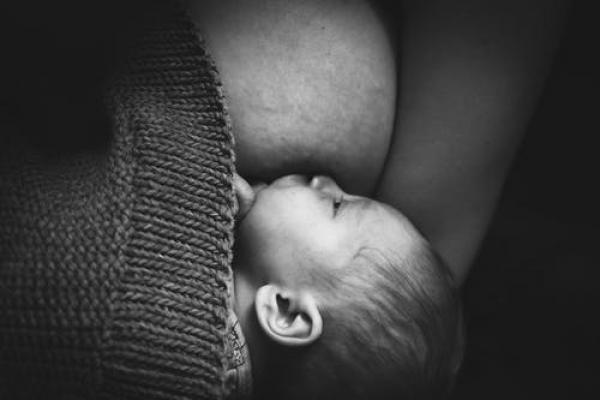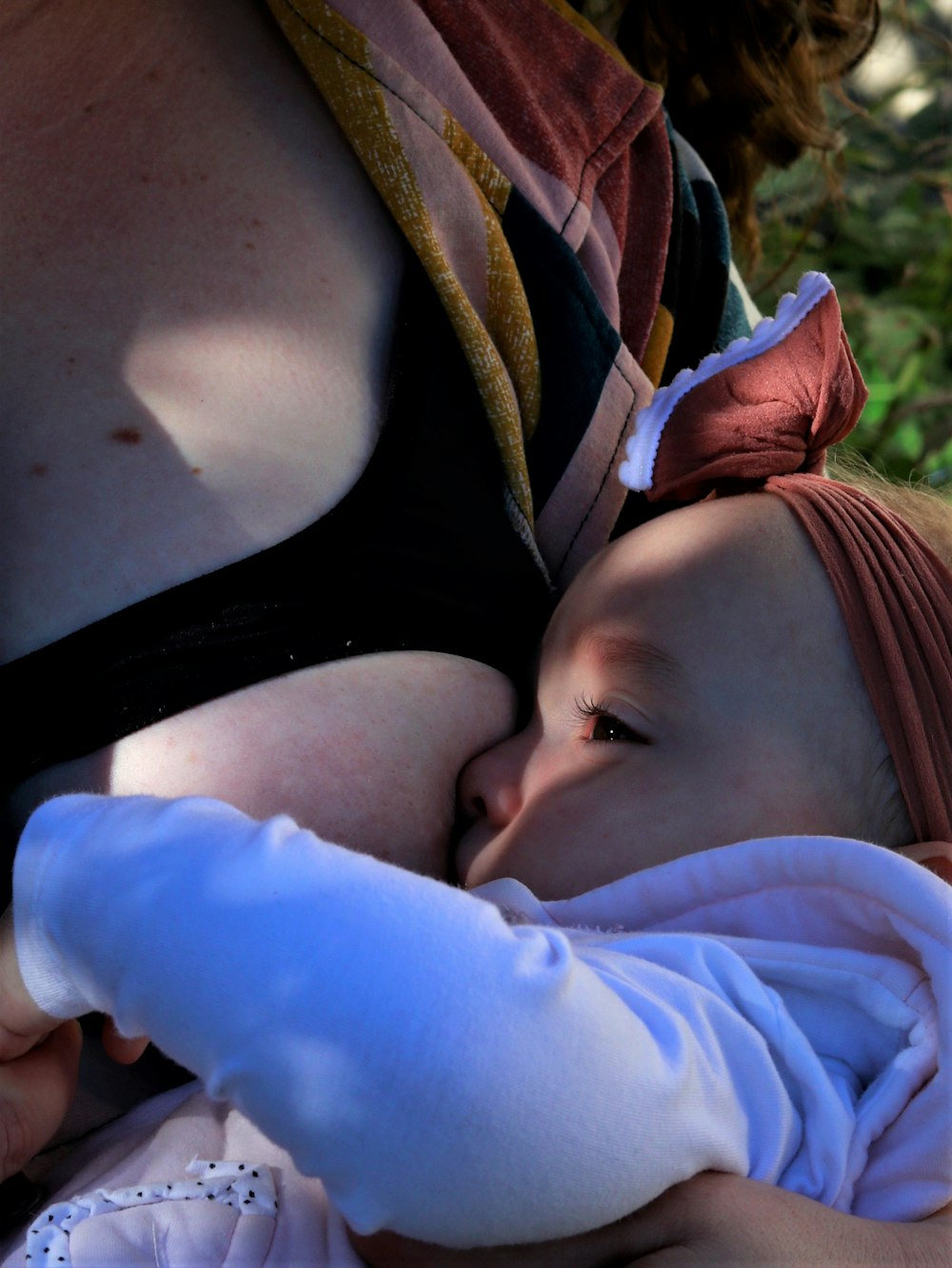A recent study has shown that Irish women are more likely to stop breastfeeding once they return to the workplace after maternity leave, due to lack of breastfeeding legislation after six months post-partum.
Breastfeeding has been established as the best source of nutrition for babies since before we can even remember. Its unique combination of hormones, antibodies and enzymes cannot be fully replaced by formula bottle-feeding. It’s such a necessity, that breastfeeding breaks in the workplace is protected under law for the period of 26 weeks post birth of the baby.
But here’s the problem; The 2004 revised maternity leave legislation upped maternity leave from 18 weeks to 26 weeks. And yet, the breastfeeding breaks (of 1 hour set aside for breastfeeding in the workday without loss of pay) was not updated at the same time. Therefore, breastfeeding breaks are only protected for the length of the maternity leave – not for the actual return to full time work.
‘Well it’s their choice to breastfeed, why should their personal choices affect their working hours?’, is a common take on this problem.
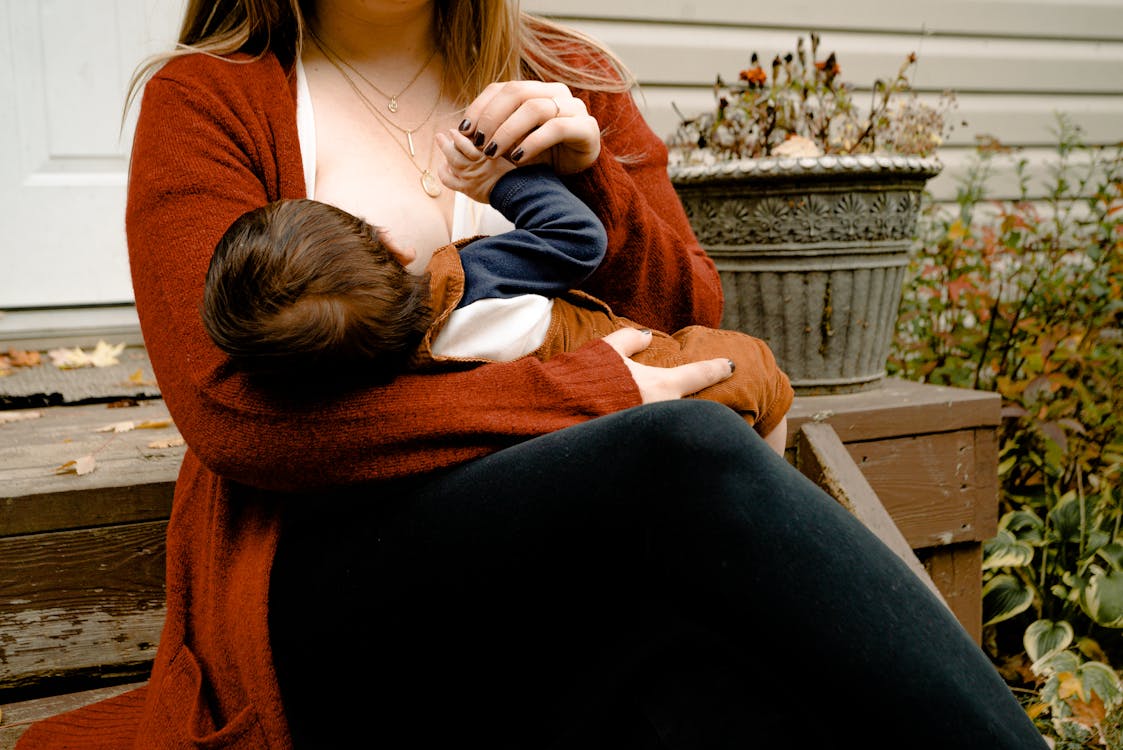
But when the World Health Organisation (WHO) recommends that infants should be exclusively breastfed for the first 6 months of life and some breastfeeding should continue up until the age of 2 years old and beyond, and there predominant culture of parenting in our society fall on the ‘Total Motherhood’ end of the spectrum, a mother is damned if she does and damned if she doesn’t.
(Total Motherhood: A concept theorised by J. Wolf, that “stipulates that mother's primary occupation is to predict and prevent all less than-optimal social, emotional, cognitive, and physical outcomes; that mothers are responsible for anticipating and eradicating every imaginable risk to their children”.) (Breastfeeding Divisions in Ethics and Politics of Feminism - Suzana Ignjatović)

However, despite this recommendation from the WHO, the rates of mothers who exclusively breastfeed at 6 months in the Republic of Ireland is 2.4% and extended breastfeeding is quite uncommon. This is identified as a cultural as well as a societal problem, as the survey notes that the recent arrival of an immigrant population in Ireland actually positively affected the rates, but that the longer a mother is resident in the Republic of Ireland the less likely she is to breastfeed her infant regardless of her nationality
This 2016 survey puts this down to a number of factors; Culture, Supports and information provision, Returning to work and Feeding in the workplace. The data collected from the study shows that Irish women still do not feel accommodated to breastfeed in the workplace. The measurements are either not in place, or the woman does not feel comfortable broaching the subject with her employer.
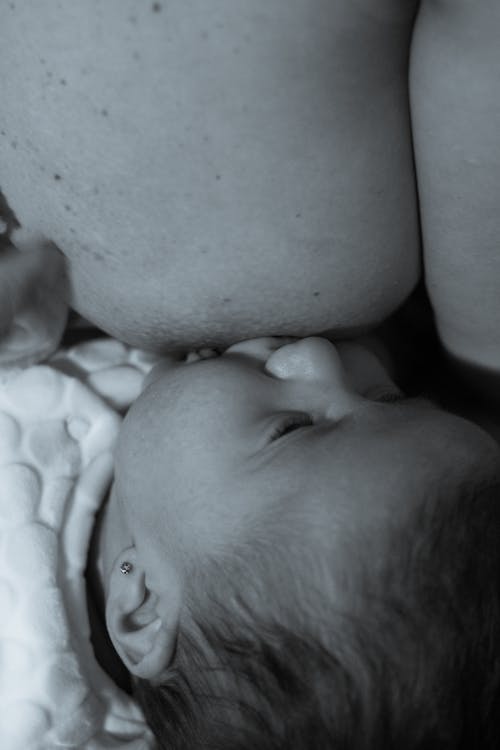
Negative societal reaction was marked as a major shared experience for the women who took part in the survey of documenting their experiences attempting to breastfeed in the workplace beyond six months. The women recalled negative comments made by friends and family and the social stigma of breastfeeding their child beyond a certain age and how this became particularly pronounced upon return to work. Many women felt the need to hide the fact that they were still breastfeeding from managers or colleagues for fear they would be subject to judgement or criticism for continuing to breastfeed after their return to work.
‘when I was breastfeeding, I bought a poncho, that was specifically designed to put over the baby while you’re feeding because I was genuinely really uncomfortable feeding in public. I felt like men would look away and they would be really embarrassed and I, kind of, got sick of having to leave the room every time we had family and friends around’ (Age 33, breastfed for 12 months).
‘This country really needs to change its attitude towards breastfeeding, it really does, you know the health factors and everything, and I don’t know why it’s hidden, you have to feel embarrassed and hide it” (Age 36, currently breastfeeding).
Our attitude to breastfeeding is very poor sometimes and I think that women who do breastfeed and continue to breastfeed beyond six months, kind of, feel a bit alienated. I certainly did… I just found a negative attitude when I was feeding a bigger baby than a smaller baby…we are just so slow in our attitude changing with breastfeeding. It’s painfully slow…I don’t see any huge difference between when I started 8 years ago and now (Age 40, breastfed for 22 months).
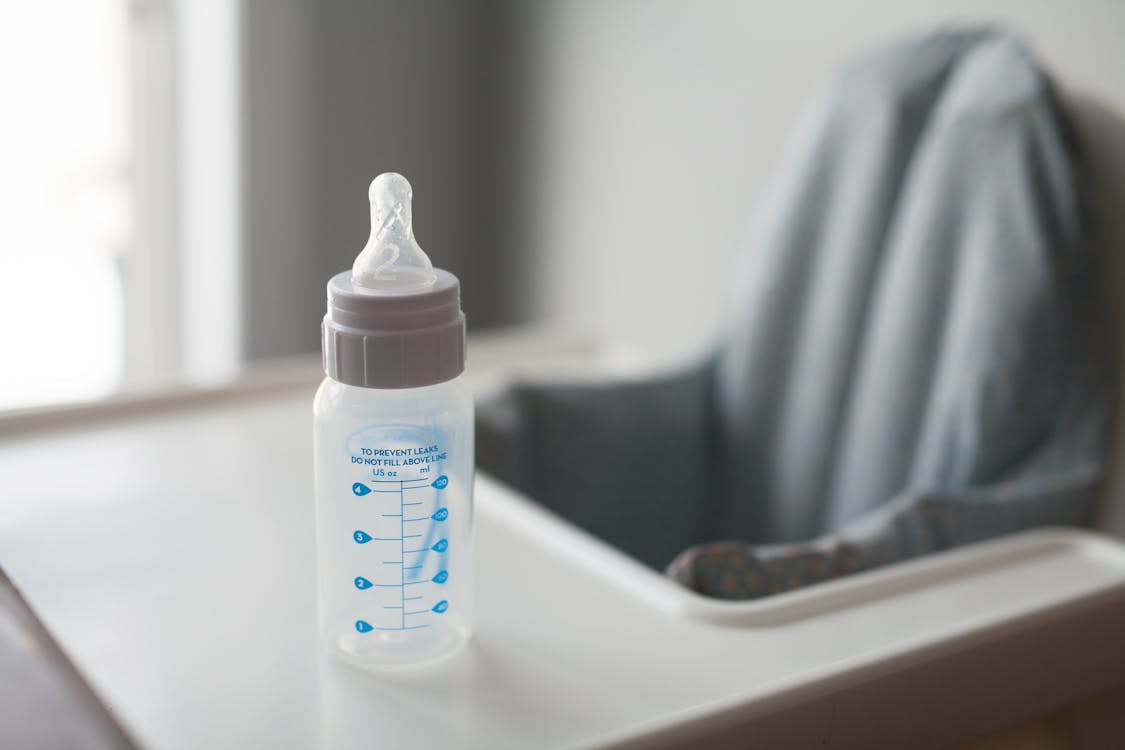
The new mothers described feeling pressure and emotional stress at having to ensure their child’s ability to bottle-feed before their return to work, and ow it disrupted feeding routines and forced some mothers and babies into the bottle stage before they felt ready for it.
‘It annoyed me that I felt under pressure to get her on bottles, I felt really pressurised a month before I was going back… trying to explain that to my employer, saying, I can’t come back to work because I’m breastfeeding, I feel, I’m an alien to him basically, I just, like he’s a man in his, what? Late 50s maybe, I just don’t think he’d understand (Age 34, currently breastfeeding).
‘That was the thing that really worried me about going back was, like, well, I don’t want to be just starting her on solids and throwing her into formula and all of that and…worry[ing] about her nutrition and all that kind of thing but at the same time try to manage a job… So, I forced him into it before he was probably ready and, yeah, it was very upsetting for me. I wasn’t ready. (Age 33, currently breastfeeding).
Once they had returned to work, the issue of expressing milk arose for many breastfeeding mothers. Pumping became a difficulty for many reasons; lack of facilities to express and store breast milk while at work and lack of legislation surrounding time to express.
‘I’m not sure there’s anything you can do… one of my friends is a teacher. And there was just nowhere in her school that she could have some privacy to pump (Age 33, breastfed for 12 months).
‘If there was something that was there in black and white and you could say look, listen lads, it’s down here in black and white and I am entitled to go for 20 min, two or three times a day or whatever it is there is definitely more of a backup for you that you can say I’m entitled and you can forget their tut tut tut “where are you going?”. So like I used to pump at work but where I would have liked to pump twice a day at work I only ever got to pump once a day and at that it was a case of “oh, where she’s off to know with her pink bag?”…I am sure they were talking about me behind my back (Age 33, breastfed for 10 months).
F: No, there is the canteen and the office in work but I’ve been told I can use them but there is not a specific breastfeeding room with a lock on the door like. I have to put a sign up, there is no actual lock on the door so I put a sign up and put a heavy chair behind the door so no one can actually open it (Age 24, currently breastfeeding).

The Republic of Ireland currently has one of the lowest breastfeeding rates in Europe with only 55.4 % of all women initiating breastfeeding, 42 % breastfeeding at 48 h or at discharge and 19 % continuing to breastfeed at 2–3 months.
The study concluded that ‘Upon their return to the workplace many women find that they do not have any legislative protection for lactation breaks to either express breast milk to feed at a later time or to feed their infant on the premises if facilities are available. Lactation breaks are protected in law solely for the period of 26 weeks post birth of the baby…Extending paid maternity leave and introducing paid lactation breaks for all women who want to continue to breastfeed may encourage more women to feed after their return to work.’

